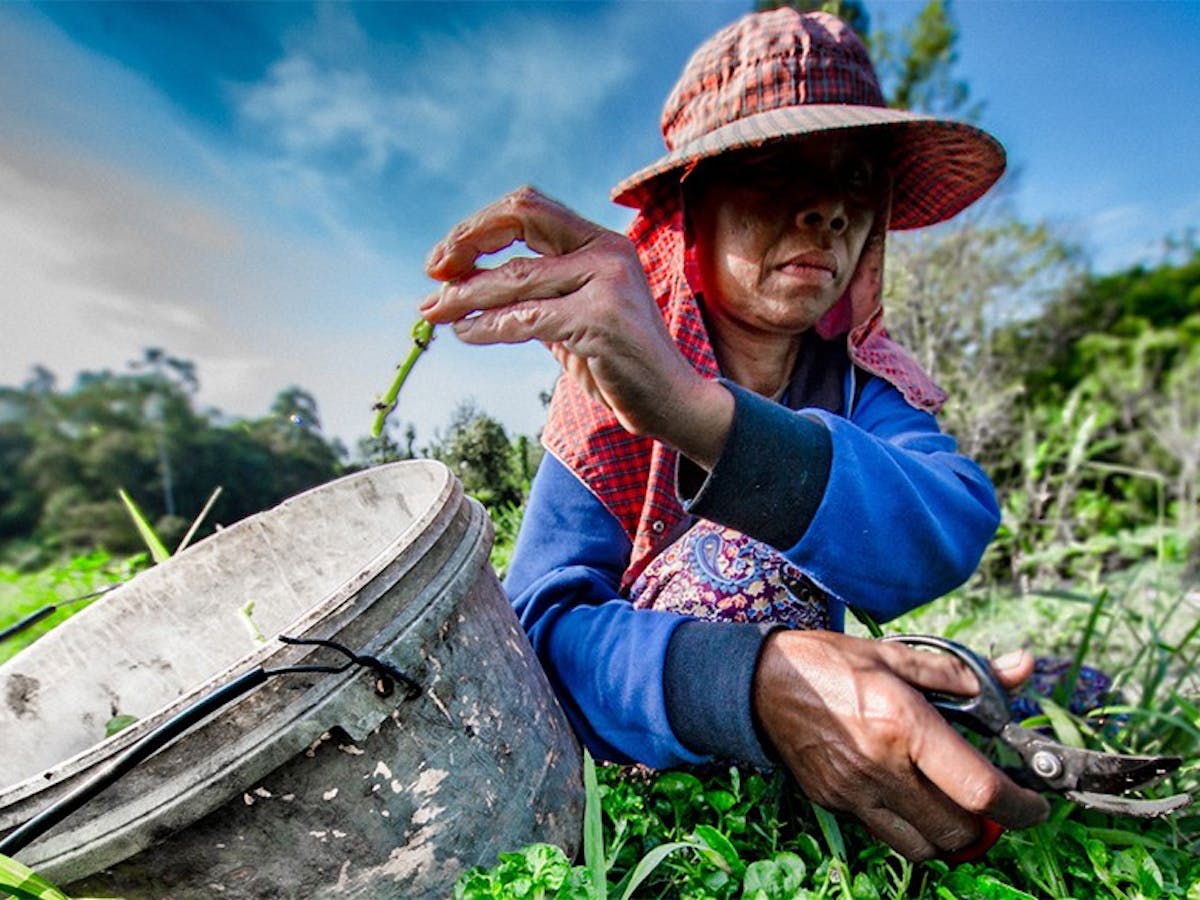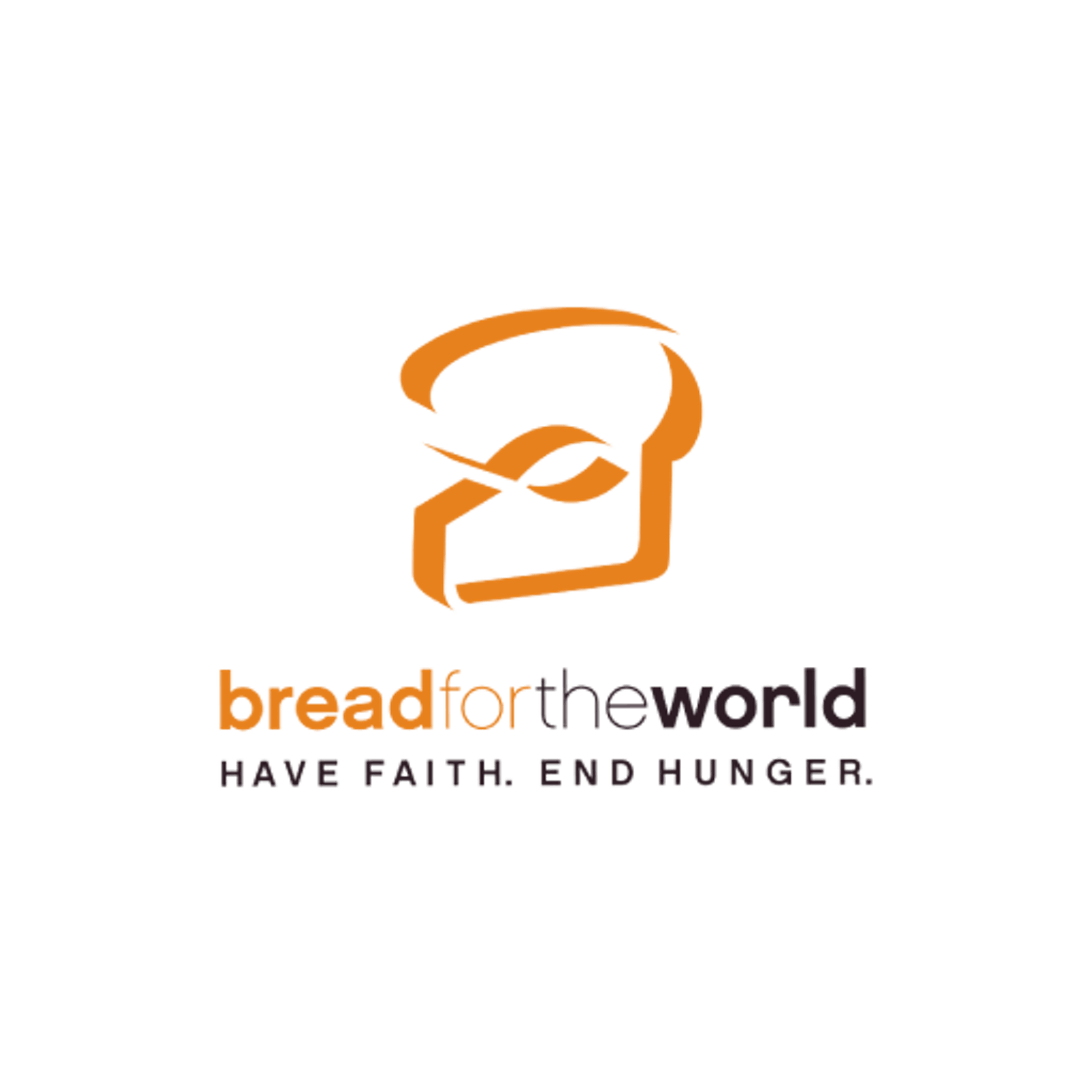We usually think of U.S. development assistance as funding that the United States sends directly to another country. Bread advocacy generally focuses on winning policy improvements and budget increases for this country-to-country assistance, often called bilateral assistance. Over the years, Bread has worked with Congress and the administration to ensure that projects supported by bilateral assistance include ending hunger and malnutrition as a top priority.
In addition to legislative successes such as the passage and reauthorization of the Global Food Security Act (GFSA), which created Feed the Future, and winning funding increases for important development initiatives such as Child Survival, Bread advocates have helped create change within the executive branch. For example, the U.S. government adopted a “whole of government” nutrition strategy after Bread advocates and our partners made the case that early childhood nutrition impacts the entire course of a person's life.
The U.S. Agency for International Development (USAID) manages most bilateral funding, allocating resources to projects in health, nutrition, education, and other sectors. These programs and funds are vital to Bread’s mission of ending hunger, malnutrition, and extreme poverty. In addition, the United States is a key donor and a leader in encouraging other countries to contribute bilateral assistance.
There is another, lower-profile type of U.S. development assistance that also advances Bread’s mission--"multilateral” assistance. Since bilateral assistance is between two countries, you might guess that multilateral assistance is among several countries, and you would be right. The United States is a member of several international financial institutions, usually called simply IFIs.
IFIs include, among others, the World Bank, the African Development Bank, and the International Fund for Agricultural Development. The United States and other donors invest funds in these institutions that are then pooled and made available to low- and middle-income countries in the form of grants or low-interest loans.
IFIs are important to the effort to end hunger since they are the largest source of international finance for many countries. Since the beginning of the COVID-19 pandemic, IFIs have mobilized record levels of resources to support countries in responding to the health and economic consequences of the pandemic. As Bread has pointed out, surges in global hunger and malnutrition are among the pandemic's most devastating impacts.
The World Bank, through its International Development Association (IDA), has the largest amount of lower-cost financin available to low-income countries. Since the food price crisis of 2008, IDA has more than tripled its annual financing for food security, from $2 billion to $6.8 billion in fiscal year 2020. Since the pandemic began, IDA has made new commitments of $5.3 billion for food security initiatives, and an additional $6.6 billion for food security is planned for this year.
Notably, half of these new resources will help meet immediate food needs, and half will go to efforts to build more lasting food security. If you’ve followed along with us at Bread for the World, you know that we believe both are necessary and we advocate for both.
IDA has also made available $500 million in "crisis response" funding, intended to help countries prepare for and respond to crises that develop more slowly than a sudden disaster. Hunger emergencies are usually crises that develop over time, not overnight. Hopefully, the funding will enable countries to respond to some crises in the making and thus avoid major catastrophes.
In addition to IDA, the World Bank also houses the Global Agriculture and Food Security Program, known by the acronym GAFSP. Established in response to the 2008 food price crisis, GAFSP pools donor resources for programs in food security, nutrition, and agriculture. The funding is in the form of either grants or low-cost loans made to governments, producer organizations, and civil society organizations. The U.S. component of GAFSP is Feed the Future. Since 2010, GAFSP has invested more than $1.6 billion in 39 countries. Since the global pandemic began, GAFSP has allocated nearly $60 million in additional funding to 15 countries to help them respond to hunger crises caused or exacerbated by the pandemic.
The International Fund for Agricultural Development (IFAD), mentioned earlier, is a specialized agency of the United Nations. IFAD was established in the 1970s in response to that decade’s episodes of food shortages, malnutrition, and famine. IFAD is the only IFI devoted exclusively to transforming agriculture, including rural economies, and food systems. It works to make these sectors more inclusive, productive, resilient, and sustainable.
In 2020, IFAD launched a multi-donor COVID-19 Rural Poor Stimulus Facility. Begun with $40 million in seed funding, the facility is expected to raise at least $200 million from other donors. The funding will be used to help preserve the livelihoods and jobs of low-income, vulnerable rural people or, failing that, to enable them to recover more quickly. It does this by supporting agricultural production, access to financial and agricultural markets, and access to new jobs.
Two other important IFIs are the African Development Bank and the Asian Development Bank. Each has increased its funding commitments to respond to the pandemic. Along with the IFIs mentioned earlier, the two regional banks have invested in food security initiatives such as providing support for farmers to purchase seeds, livestock, and other necessities; giving families cash assistance to purchase food; distributing packages of food; and supporting food banks.
As the United States and other high-income countries with access to COVID-19 vaccines begin to emerge from the pandemic, Bread emphasizes the importance of global vaccine equity. The International Monetary Fund noted recently that recovery paths are starkly divergent for lower-income countries and households compared with wealthier nations. The IFIs need continued support from donors so they can continue to provide urgently-needed assistance to low- and middle-income countries. Such support is essential to preventing even higher levels of hunger and malnutrition, saving the lives of young children, and enabling countries to begin to recover from the economic devastation caused by the pandemic.

